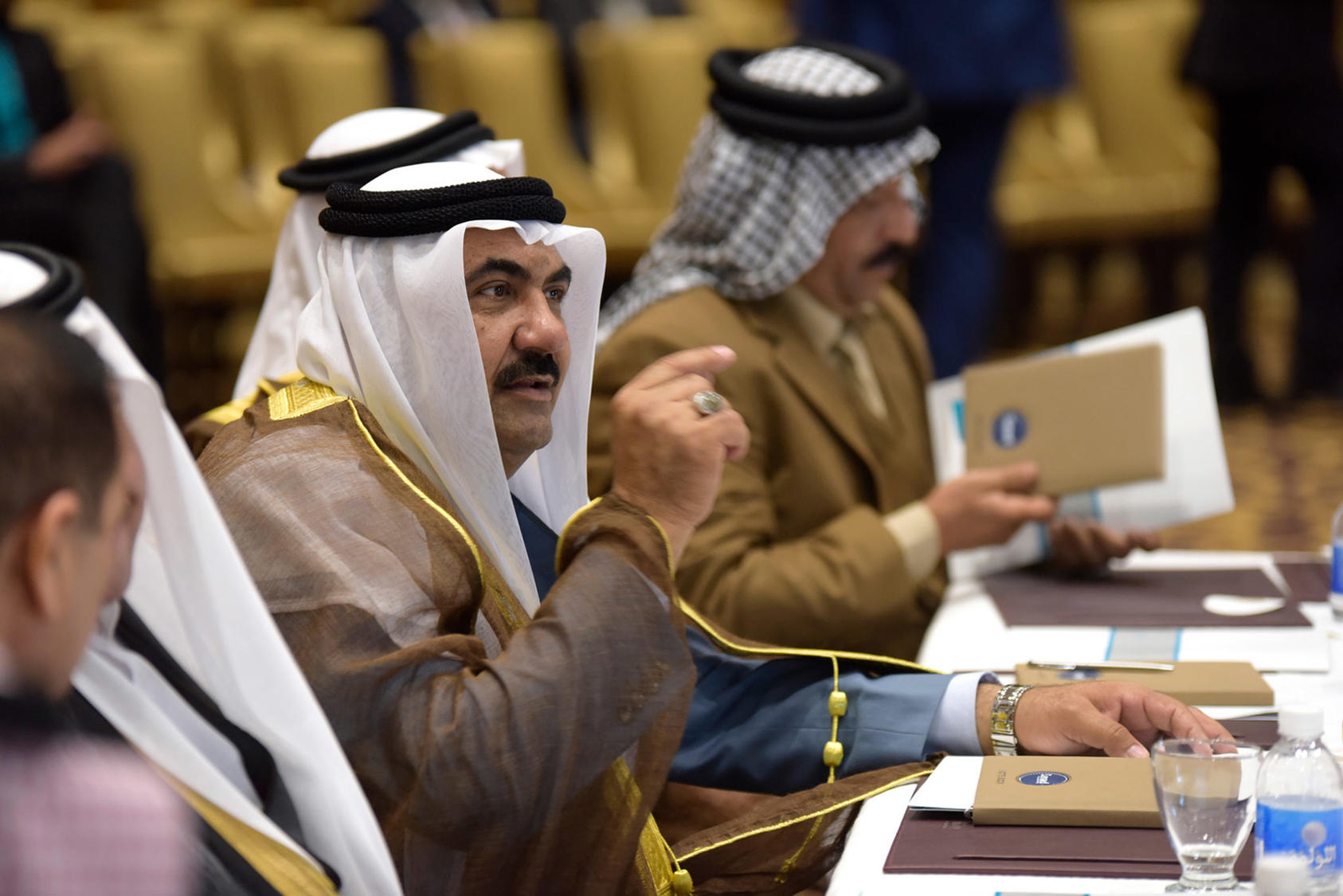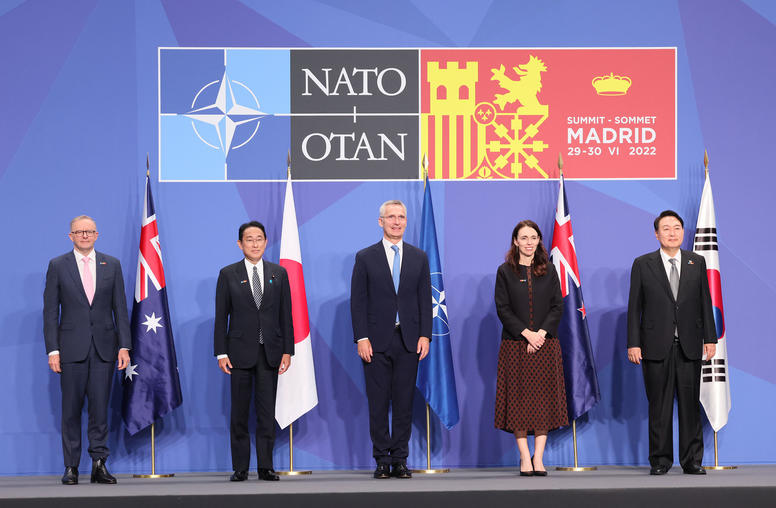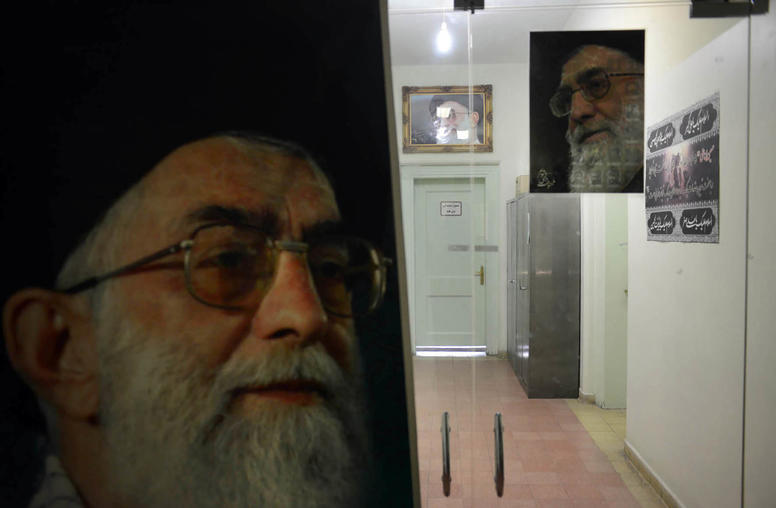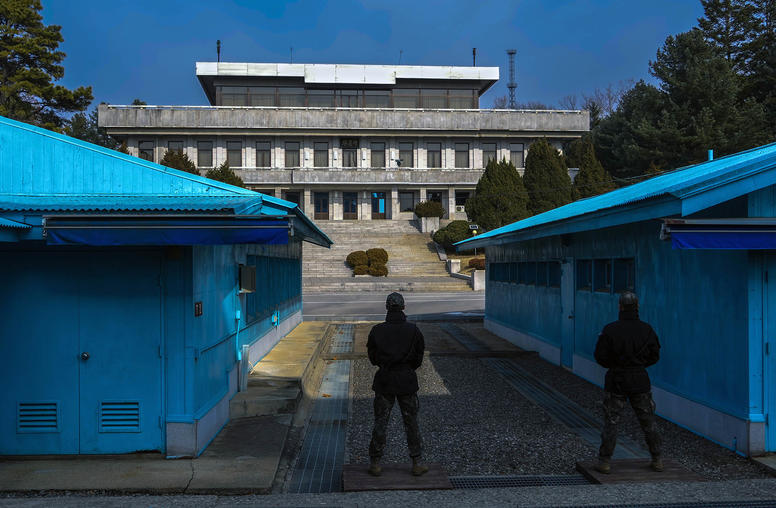Nurturing and Sustaining Facilitator Networks: Key Considerations for Support Organizations
As more emphasis is placed on the role of national and local efforts in peacebuilding, support organizations may increasingly look for opportunities to bolster national and local facilitator networks. This report shares findings from a meta-review commissioned by the United States Institute of Peace that examined networks it supported in Afghanistan, Colombia, Iraq, Pakistan, and Tunisia. It provides recommendations for creating and sustaining networks that successfully operate with the resources and technical assistance available.

Summary
There is widespread agreement that leveraging, strengthening, or creating a network in the pursuit of social change can have an impact greater than the sum of the network’s parts, and this holds true for networks engaged in conflict resolution. To better understand how and under what conditions facilitator networks can be effective in different conflict-affected settings, the United States Institute of Peace (USIP) commissioned a meta-review of the facilitator networks it has supported in Afghanistan, Colombia, Iraq, Pakistan, and Tunisia.
Drawing on a variety of sources—project documentation, interviews with USIP staff and network leaders, interviews with or surveys of facilitators, a literature review, and interviews with other organizations supporting facilitator networks—the meta-review found that viable, effective, and sustainable networks share several key traits. They have a clear management structure that is fit for purpose and that adequately supports its members; they carefully select members and provide them with opportunities for capacity building; and they have access to sufficient human and financial resources to support operations over the long term.
In assessing how best to design, manage, and sustain facilitator networks, the review found that members of effective networks engage frequently with one another and with the network’s management structure. They also have a shared vision of their network and sense of ownership concerning it. The review found further that a network’s effectiveness in mitigating and resolving conflict is contingent on a number of factors: the most effective facilitator teams have clearly defined roles, represent the relevant identity groups, have diverse skill sets and strong local knowledge, have the capacity to carry out an accurate conflict analysis, are committed to working as part of the network for the long term, and are adequately compensated.
This report is aimed at the wider peacebuilding community; in addition to identifying good practices for USIP-supported facilitator networks, it reveals patterns applicable to other aspects of USIP’s work.
About the Report
This report is based on a meta-review, commissioned by the United States Institute of Peace (USIP), of five facilitator networks the Institute nurtured in Afghanistan, Colombia, Iraq, Pakistan, and Tunisia. Similar efforts by other organizations were also assessed. The report identifies factors that help make networks viable, effective, and sustainable and presents findings relevant to the wider peacebuilding community.
About the Authors
Ruben Grangaard is a monitoring, evaluation, and learning director at DAI. At the time this report was written, he was a program officer on the Learning, Evaluation, and Research team at the United States Institute of Peace. Carlisle Levine is president and CEO of BLE Solutions, LLC, an evaluation consulting firm based in the United States with global experience and expertise in advocacy, peacebuilding, and rights evaluation.



